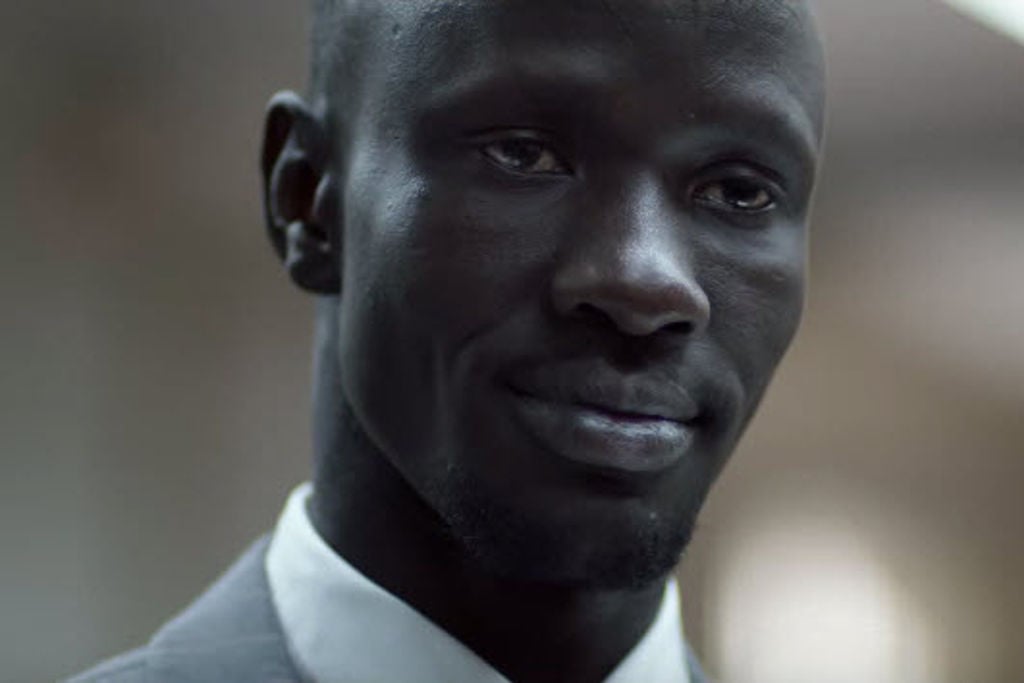This Sudanese Child Soldier Turned Sydney Lawyer Shows What Welcoming Asylum Seekers Can Do
Refugees give back to Australia enormously, and people finally seem to be getting it.

Spurred largely by the image of Syrian toddler Aylan Kurdi on a Turkish beach, Australia is debating its response to the ongoing humanitarian crisis in Syria. Prime Minister Tony Abbott has thus far refused to either increase Australia’s refugee intake or accept a large one-off intake of Syrian refugees, only promising to prioritise Syrians in our current humanitarian intake of 13,750 a year.
But remarkably, given the state of the asylum seeker debate for the last fifteen years, pressure for Abbott to do more is not only widespread — it’s coming from some unexpected directions. State governments of both political persuasions in New South Wales, Victoria, South Australia and Tasmania have offered to resettle large numbers of Syrian refugees, and Liberal frontbenchers like Trade Minister Andrew Robb and Assistant Treasurer Josh Frydenberg have publicly argued for Australia to do more.
More broadly, the compassion and eagerness for domestic action shown by Australians has been vocal, with the usual chorus of suspicion and mistrust toward “queue jumpers,” “boat people” and “illegals” a lot quieter than one might expect. Footage of Germans welcoming Syrian refugees with cheers and applause in Munich has gone viral, while on Friday Melburnians reacted to a train strike by staying home and donating more than $38,000 worth of fares to refugee welfare group Australia for UNHCR.
German and Hungarian citizens have welcomed Syrian refugees on arrival. They shame us #auspol
— Julian Burnside (@JulianBurnside) September 5, 2015
In a pretty serendipitous piece of timing given this rather unusual national mood, last week Western Sydney University released a promotional video telling the story of Deng Thiak Adut, a former Sudanese child soldier who now works as a lawyer helping refugees in Blacktown.
Deng was kidnapped by the rebel South Sudanese army when he was six, and learned how to use an AK-47 before he learned how to brush his teeth. He fought in the country’s long-running civil war before escaping to Kenya and arriving in Australia in 1998 when he was fifteen, before putting himself through law school at WSU. He now helps Sudanese refugees in Sydney navigate the often-Byzantine Australian legal system, and advocates for refugees as “people who can contribute to the Australian culture and economy”.
Since being released on Thursday, the video of Deng’s story has been watched almost 300,000 times.
Given the massive response to stories like Deng’s, Australians seem more receptive than ever to the idea that refugees can be a valuable and vital part of the community that takes them in. New data released by the Australian Bureau of Statistics on Friday indicates that refugees are more likely to start their own businesses than other migrants, putting a pretty big nail in the “they’re taking our jobs” argument that gets trotted out so often.
Even if not every refugee becomes a lawyer like Deng, the simple and powerful idea that we should use some of our immense wealth and resources to help people in dire need need not be a controversial one. Whether or not a Syrian refugee Australia rescues goes on to a successful career is besides the point. The point is that they survived.
The Light The Dark vigils planned this week to remember Aylan Kurdi, and the thousands of refugees like him who’ve perished trying to flee to safety, are looking to be some of the largest displays of solidarity with refugees Australia has seen in quite a while. If you’d like to go to one, details are below:
SYDNEY: Hyde Park South, Monday September 7, 6pm
MELBOURNE: Treasury Gardens, Monday September 7, 6pm
PERTH: Perth Cultural Centre, 47 James Street Mall, Monday September 7, 6pm
ADELAIDE: Elder Park, King William St, Monday September 7, 6pm
CANBERRA: Northbourne Avenue, Tuesday September 8, 5pm
BRISBANE: Emma Miller Place, Roma St, Friday September 11, 6pm